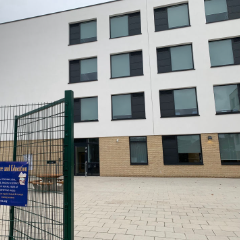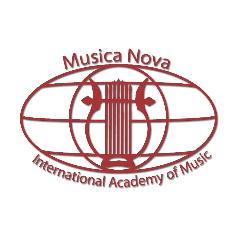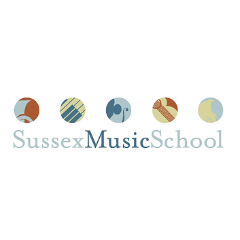DBS Certificate Provided
Teaching
more
Types
more
Location
Special Services
more
Can tutor in
more
List View
Map View
Full View
Violin School, Learning Centre, Language School, Education Centre, Tutoring Centre
London, England
High Quality and Personalised 1-1 Online Tutoring
Maximise your potential with our interactive online tutoring lessons.
Violin School, Learning Centre, Tutoring Centre
Wembley, England
Our Objective is to enrich the lives of students with culture, skills, confidence, knowledge on wellbeing and to instil a sense of identity – important for self esteem and individuality - in our multicultural society.
Violin Learning Centre, Tutoring Centre, Tuition Centre
St Albans, England
We have lessons for:
• Piano
• Guitar (All Ranges)
• Bass Guitar
• Ukulele (All Ranges)
• Drums
• Saxophone
• Clarinet
• Flute
• Recorder
• Cornet / Trumpet / Trombone
• Vocal training
Violin Learning Centre, Tutoring Centre, Tuition Centre
London, England
Musica Nova Academy offers the best of British and Russian music education for children and adults, all levels| styles
Violin Learning Centre, Tutoring Centre
Enfield, England
N. is a one-stop-shop for all things musical in Enfield, North London.
We have over 2500 sq ft of retail
Online Violin Tutoring Centres
Violin Learning Centre, Private School, Speciality School, Tutoring Centre, Tuition Centre
Cardiff, Wales
Now celebrating our twentieth year of providing quality music lessons in Danescourt, Llandaff, just minutes from Cardiff city centre, with easy access from all directions using Llantrisant Road, the A470 & the M4.
S. Music School is a not for profit enterprise, providing high quality music tuition privately, in schools and now online across S. and beyond. Bexhill Music Centre, opens September 2021.



















